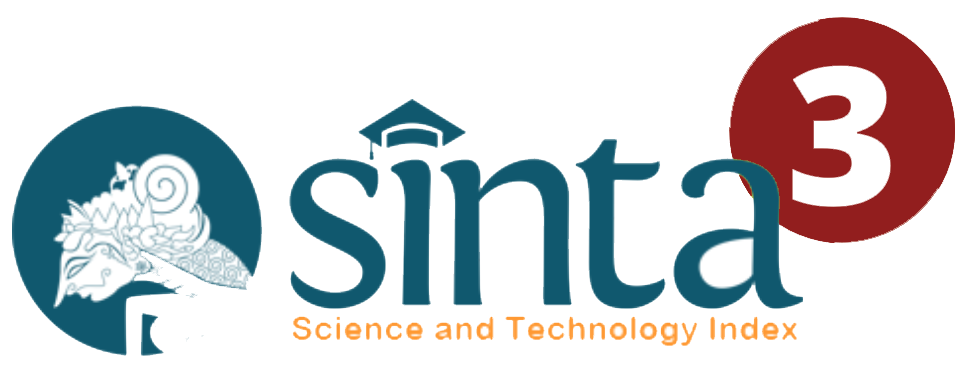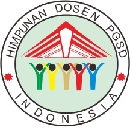STRATEGY OF DIGITAL ETIQUETTE EDUCATION OF ELEMENTARY SCHOOL STUDENTS
DOI:
https://doi.org/10.22460/pej.v3i2.1378Abstrak
The use of digital technology is an inevitable necessity in the era of the Industrial Revolution. Internet access has supported a new digital lifestyle. Digital Native easily accesses the internet and uses digital technology. Navigating the internet is a daily necessity for digital native. They seemed addicted to the internet. Unfortunately, digital natives are not aware of digital traces left behind which can deduce dangerous risks. Progressive education in the era of the industrial revolution is important to develop the concept of character education in accordance with the era. This study aims to find elementary school strategies in forming digital etiquette. The method used in this research is qualitative method. Data collection is done through observation, interviews and documentation. The study involved the principal, and the teacher as research subjects at the Surabaya City Elementary School. The results show that there are three frame approaches developed by schools to embed digital etiquette in elementary schools. Student learning academic performance, School environment and School behavior and Student life outside the school environment. The three frames are used to provide the norms and responsibilities for using digital devices.Referensi
Choi, M. (2016) A Concept analysis of digital citizenship for democratic citizenship education in the internet age. Theory & Research in Social Education, 1-43.
Jones, L.M., & Mitchell, K.J. (2015). Defining and measuring youth digital citizenship. New media & society, 1–17.
Kemendikbud. (2016). Paparan Menteri Pendidikan dan Kebudayaan 25 Januari 2016 tentang Pencegahan dan Penanggulangan Tindakan Kekerasan di Lingkungan satuan Pendidikan. diambil dari www.kemdikbud.go.id/main/files/.../045778be5c791af7d8d59e460827bd75.pdf
McGillivray, D., et al. (2015). Young people, digital media making and critical digital citizenship. Leisure Studies, 1-15.
Nordin, M.S., et al. (2016). Psychometric properties of a digital citizenship questionnaire. International Education Studies, 9, 71-80.
Ribble, M. (2012). Digital citizenship for educational change. Kappa Delta Pi Record, 484, 148-151.
Ribble, M.S., & Bailey, G.D. (2007). Digital citizenship in schools. Washington. International Society for Technology in Education (ISTE).
______. (2004). Digital citizenship focus question for implementation. Learning & Leading with Technology, 32, 13-15.
Rye, S.A.. (2016). Young people’s construction of global citizenship through internet use. Dalam Nicola Ansell, Natascha Klocker & Tracey Skelton (eds.), Geographies of Global Issues Change and Threat. Singapore: Springer.
Sophia, D., et al. (2016). The campaign for digital citizenship. Lawrence and Wishart, 62, 107-120.
Thorson, K. (2014). Facing an uncertain reception: young citizens and political interaction on Facebook. Information, Communication & Society, 17, 203-216.
Undang-undang Sistim Pendidikan Nasional Nomor 20 tahun 2003
Young, A. (2016). A 21st-century model for teaching digital citizenship. Educational Horizons. 92, 9-12










